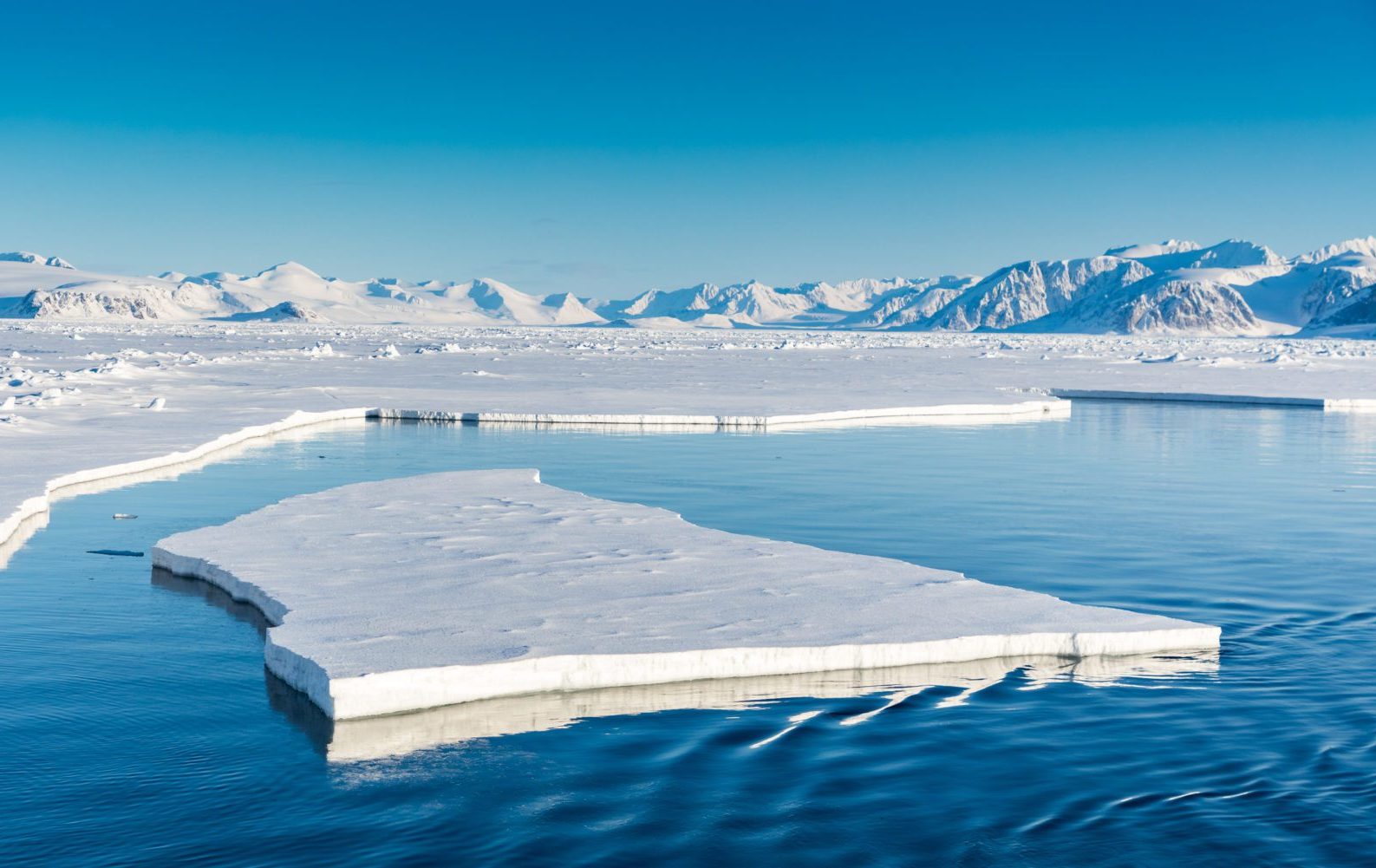China’s Arctic Ambitions

The sixth “Arctic: Territory of Dialogue,” a conference of the International Arctic Forum and a platform for discussing issues related to the North Pole, was supposed to take place this month in St. Petersburg, Russia. Unless you happen to live under a rock, you’re no doubt aware that Russia is busy invading a sovereign nation. This year’s dialogue has been postponed. Nevertheless, when it comes to the Arctic region, a different dialogue is taking place between Russia and China. The Chinese Communist Party has shown great interest in this largely inhospitable region. The question is: Why?
As I’ve discussed before, the CCP wants to control the world’s rare earth elements (REEs). Although the Arctic is a formidable place, in this respect it is also an enticing one. It has enormous deposits of highly valuable mineral resources, including phosphate, bauxite, diamonds, iron ore, and gold. It also has an abundance of silver, copper, and zinc. The CCP wants to loot the Arctic.
Berit Skorstad is a Norwegian academic who has carried out research on the effects of mining in Arctic communities. Large “parts of the Arctic region are ocean,” she said, “with a large, clean and relatively undisturbed marine ecosystem, much of it under permanent ice.” But, Skorstad added, “Arctic is warming three times faster than the earth as a whole. As a consequence, a significant percentage of the Arctic Ocean, including part of the open sea, is now ice-free for parts of the year. Current estimates indicate that the entire Arctic Ocean will probably be ice-free for part of the year in a few decades.”
One imagines that China knows this only too well. And the Arctic has plenty of fish. In recent years, having exhausted reserves closer to home, Chinese fishing fleets have moved into foreign waters. It seems likely that they will soon enter the Arctic. Last year, Skorstad said, “a new fisheries agreement in the central Arctic sea entered into force,” preventing “unregulated commercial fishing in a wide area of the Arctic Ocean,” which may cause “significant damage to the marine environment.” This is what China does—it overfishes, and destroys marine environments in the process. With roughly 17,000 vessels, China possesses the largest deep-water-fishing fleet in the world.
Skorstad also discussed the Arctic’s rich mineral resources, including “iron ore, copper, nickel and zinc in addition to carbon (fossil) based resources like coal, oil and gas.” China, it is important to note, consumes more than half the world’s coal. The Arctic, Skorstad said, is a veritable gold mine for “many industrialized countries trying to find secure supplies of many natural resources.” “All these resources,” she added, “are interesting not only for China but also the industrialized world in general.”
According to the United States Geological Survey (USGS), the Arctic may be home to the vast “majority of the world’s remaining untapped oil and gas reserves.” Researchers predict that the majority of these reserves are located offshore. “As Arctic ice declines, and as oil companies look for new resources,” they warn in a National Ocean Economics Program (NOEP) report, these reserves will become incredibly valuable.
After evaluating 33 sedimentary “provinces” in the region, the researchers concluded that 25 of the “provinces” had, per the NOEP report, “a greater than 10% probability of having oil or gas deposits larger than 50 million barrels of oil equivalent.” The USGS scientists concluded that “approximately 90 billion barrels of oil, 1,669 trillion cubic feet of gas, and 44 billion barrels of natural gas liquids (NGLs)” may be located in the Arctic.
Another assessment showed that the Arctic accounts for roughly “13% of undiscovered oil, 30% of undiscovered natural gas, and 20% of undiscovered natural gas liquids in the world.” This cumulatively represents about 25 percent of all “undiscovered, technically recoverable oil and gas resources in the world.”
One third of this undiscovered oil is expected to be located in Arctic Alaska, the region of Alaska’s North Slope that crosses into the Arctic Circle. This sparsely populated Arctic wilderness is a place where caribou outnumber people. However, with the world expected to run out of its current oil supply in less than 30 years, the caribou should expect to see more humans enter their back yard.
Will some of these humans hail from China? Don’t bet against it. China is known for encroaching on its neighbors’ borders. Now, in the pursuit of valuable natural resources in the Arctic, it may very well end up encroaching on America’s. In many ways, it already has. This might sound hyperbolic, but it’s not. Although Antarctica to the south is a terrestrial space, its polar cousin is not. The Arctic is an ocean, and is governed by the law of the sea. This complex architecture of international rules and regulations is difficult to enforce. Stakes are high. Loopholes exist. Expect China to exploit them.
John Mac Ghlionn is a researcher and essayist. His work has been published by the likes of National Review, New York Post, South China Morning Post, and the Sydney Morning Herald. He can be found on Twitter at @ghlionn.
Comments